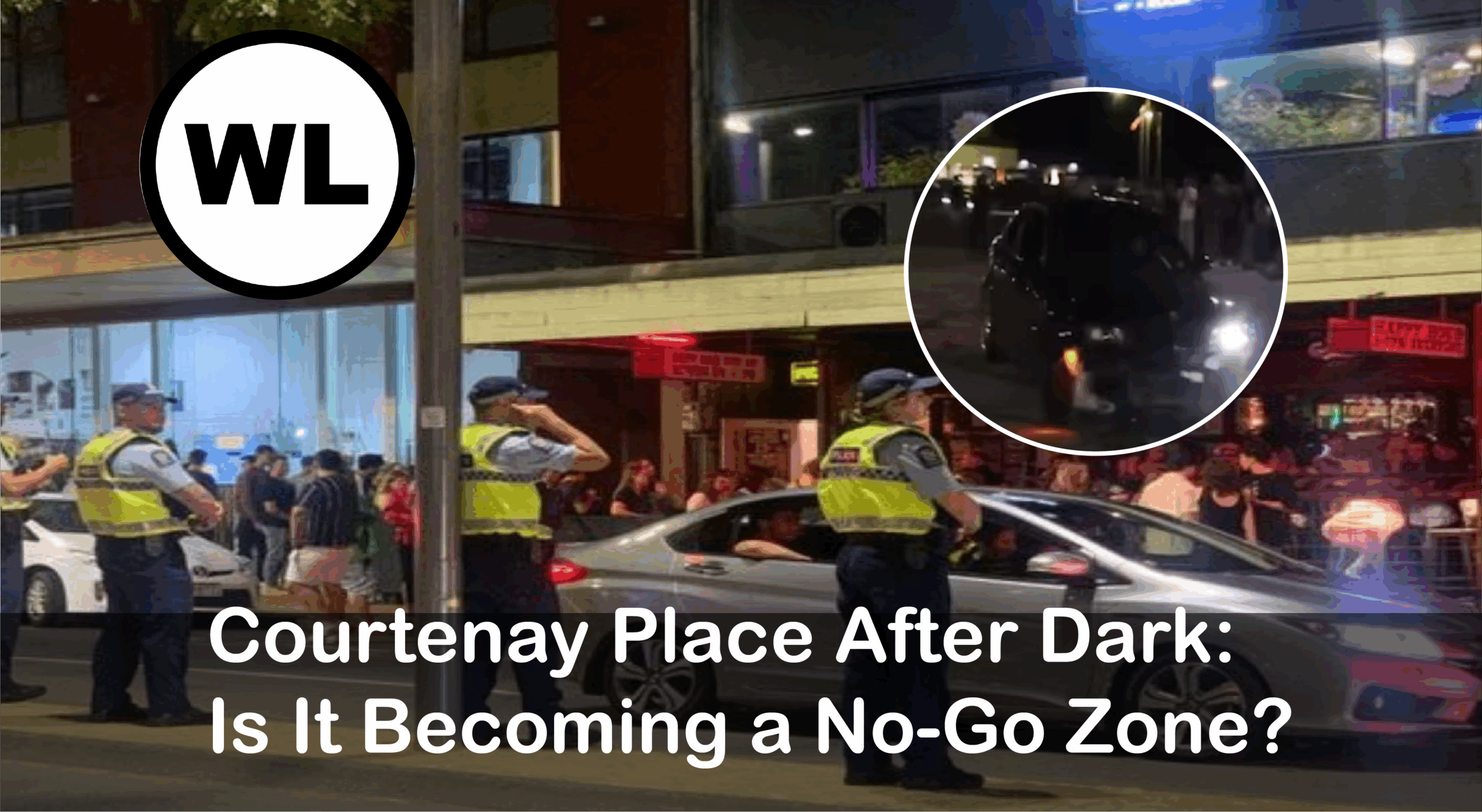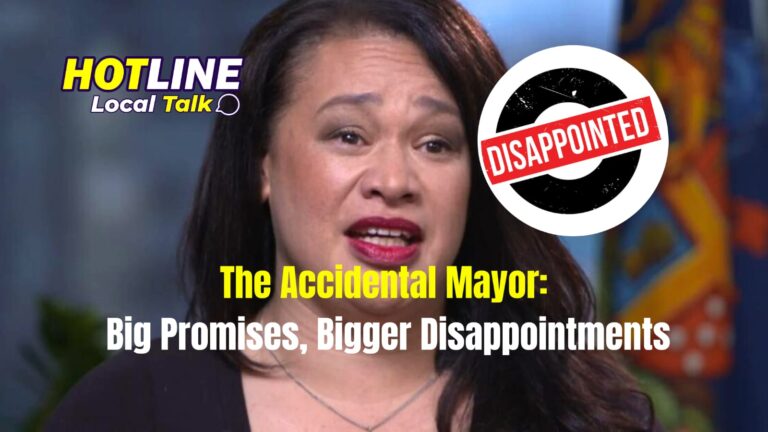When Tory Whanau was elected as Wellington’s mayor in 2022, the city anticipated progressive change and strong leadership. Yet, her tenure has been marked by widespread criticism, from financial missteps to personal issues that have further shaken public trust. A closer look at her record reveals growing disillusionment and a leadership riddled with errors.
Inadequate Experience and Overpromising
Whanau came into the mayoralty with a background in communications and marketing for the Green Party but lacked executive leadership experience—something that has proven critical in managing Wellington’s complex issues. Her prior role was largely behind the scenes, focused on crafting political narratives rather than making high-stakes decisions. Critics argue that her ability to spin a good story has not translated into effective governance.
Her campaign promised significant reforms on housing, infrastructure, and transport, but these initiatives have seen minimal progress. Wellington’s housing crisis remains as dire as ever, with the shortage of affordable homes worsening. Rents continue to rise, and Whanau’s administration has not provided the decisive action needed to combat this growing issue.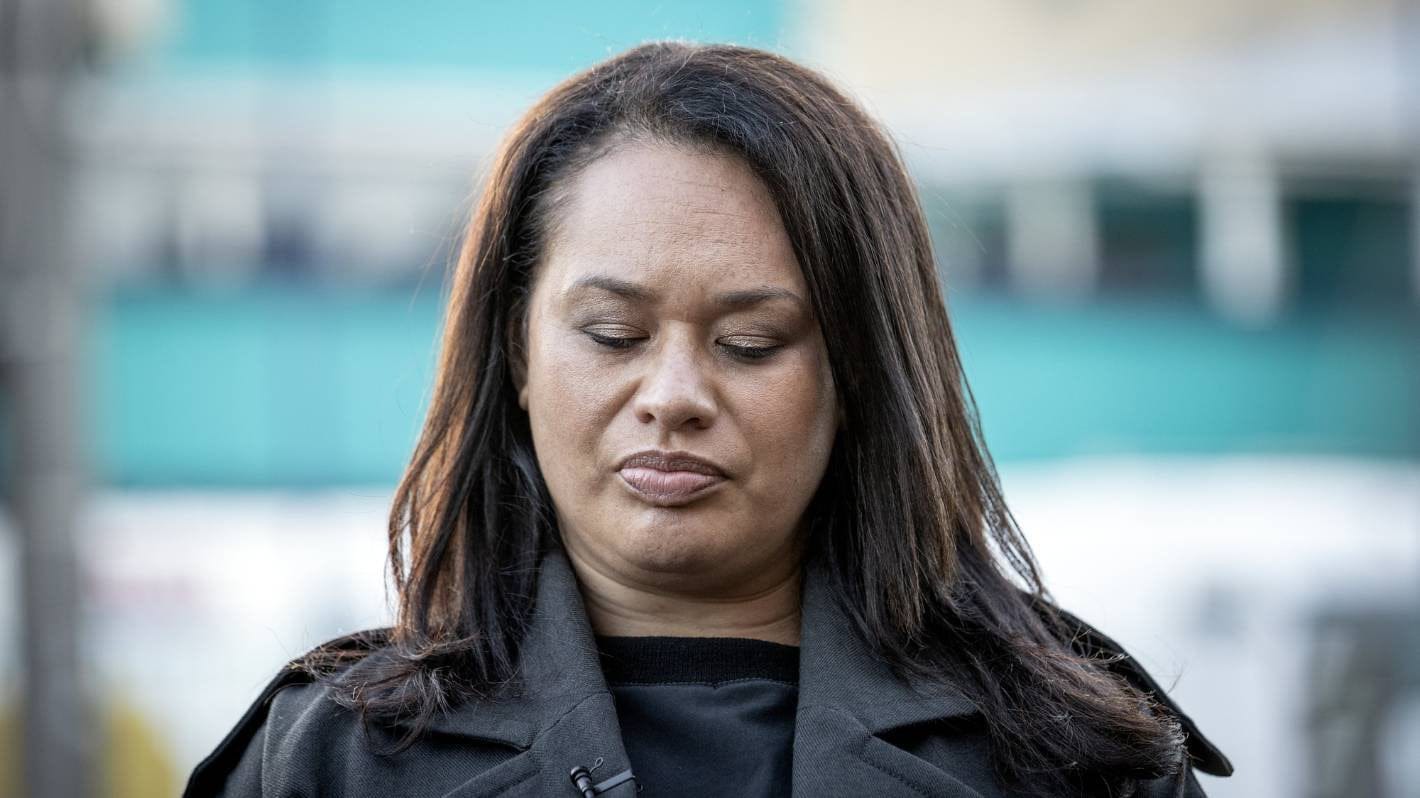
Financial Disconnect and Tone-Deaf Leadership
Whanau has faced heavy criticism for her tone-deaf approach to the financial struggles of everyday Wellingtonians. Despite earning a mayoral salary nearing $190,000, she complained about personal financial difficulties, including having to sell her car. This complaint struck a nerve, especially in a city where the average resident is grappling with skyrocketing costs, exacerbated by a 21% rise in rates. While Wellingtonians struggle with mounting costs, Whanau’s public statements about her financial stress have only alienated voters, particularly during the ongoing cost-of-living crisis.
Even government figures like Finance Minister Nicola Willis criticized her, suggesting that someone with her salary should not publicly lament financial woes when so many Wellingtonians, whose taxes contribute to her pay, are far worse off.
Leadership Missteps: Housing, Transport, and Infrastructure
Whanau’s handling of key city issues has been nothing short of disappointing.
- Housing Crisis: Despite her promises to address affordable housing, there has been little to no tangible improvement. The shortage of homes continues, while rents remain prohibitively high. Whanau’s administration has been slow to act, and residents are growing frustrated by her inability to provide solutions.
- Transport Failures: Transport is another area where Whanau’s leadership has faltered. Public transport remains inefficient, and critical decisions like the dismantling of the trolleybus network have been met with widespread criticism, especially from environmental advocates. Projects like the Golden Mile upgrade, which were supposed to be transformational, are now stalled.
- Infrastructure Neglect: Wellington’s aging infrastructure roads, water systems, and public spaces has seen little improvement during her term. Despite numerous promises, her administration has failed to implement the necessary upgrades, leaving the city vulnerable to further degradation.
Personal Struggles and Public Perception
In late 2023, Whanau admitted to having a drinking problem after an incident where she was publicly intoxicated, leading to widespread speculation and calls for her resignation from some city councillors. Nicola Young, in particular, voiced concerns that the incident reflected poorly on Whanau’s ability to lead, with others questioning her fitness for office. While Whanau sought professional help and committed to sobriety, the damage to her reputation was significant.
Public trust has been further eroded by these personal revelations. Although she has pledged to continue her role as mayor and lead a sober life, many feel that her personal issues have overshadowed her ability to govern effectively. The drinking scandal, combined with her lackluster performance, has made her a polarizing figure in Wellington, with mounting calls for her to step down.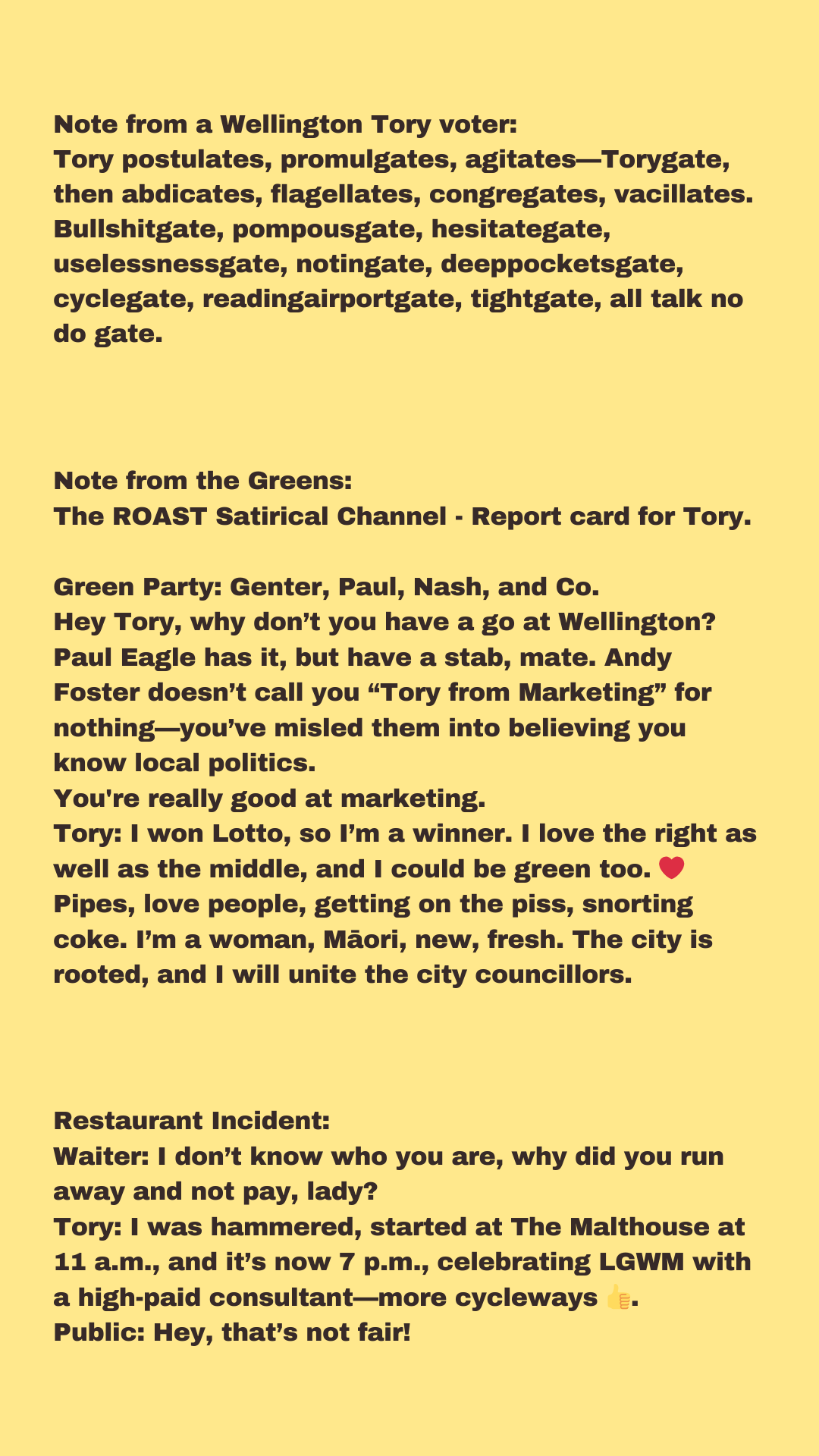
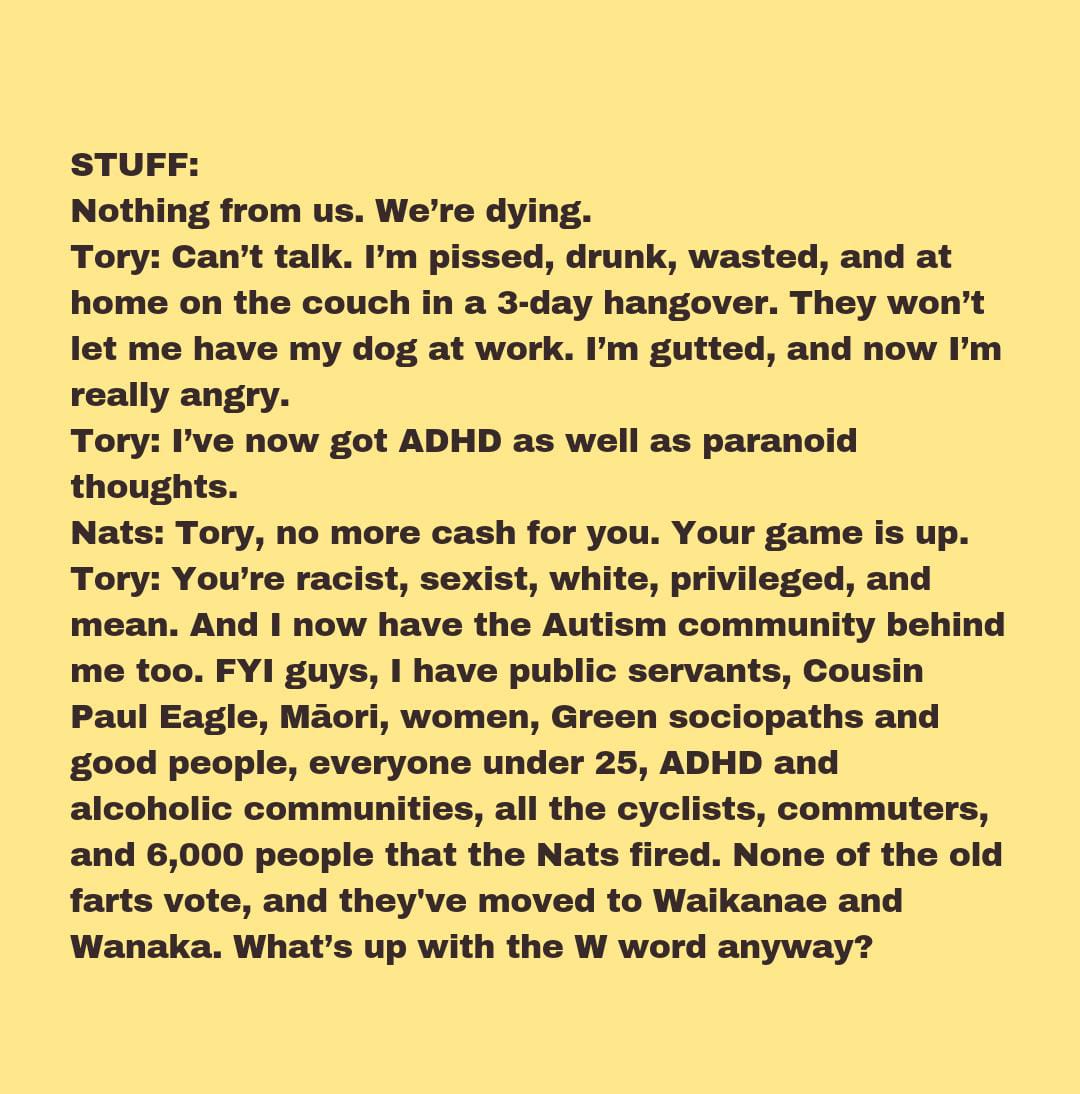
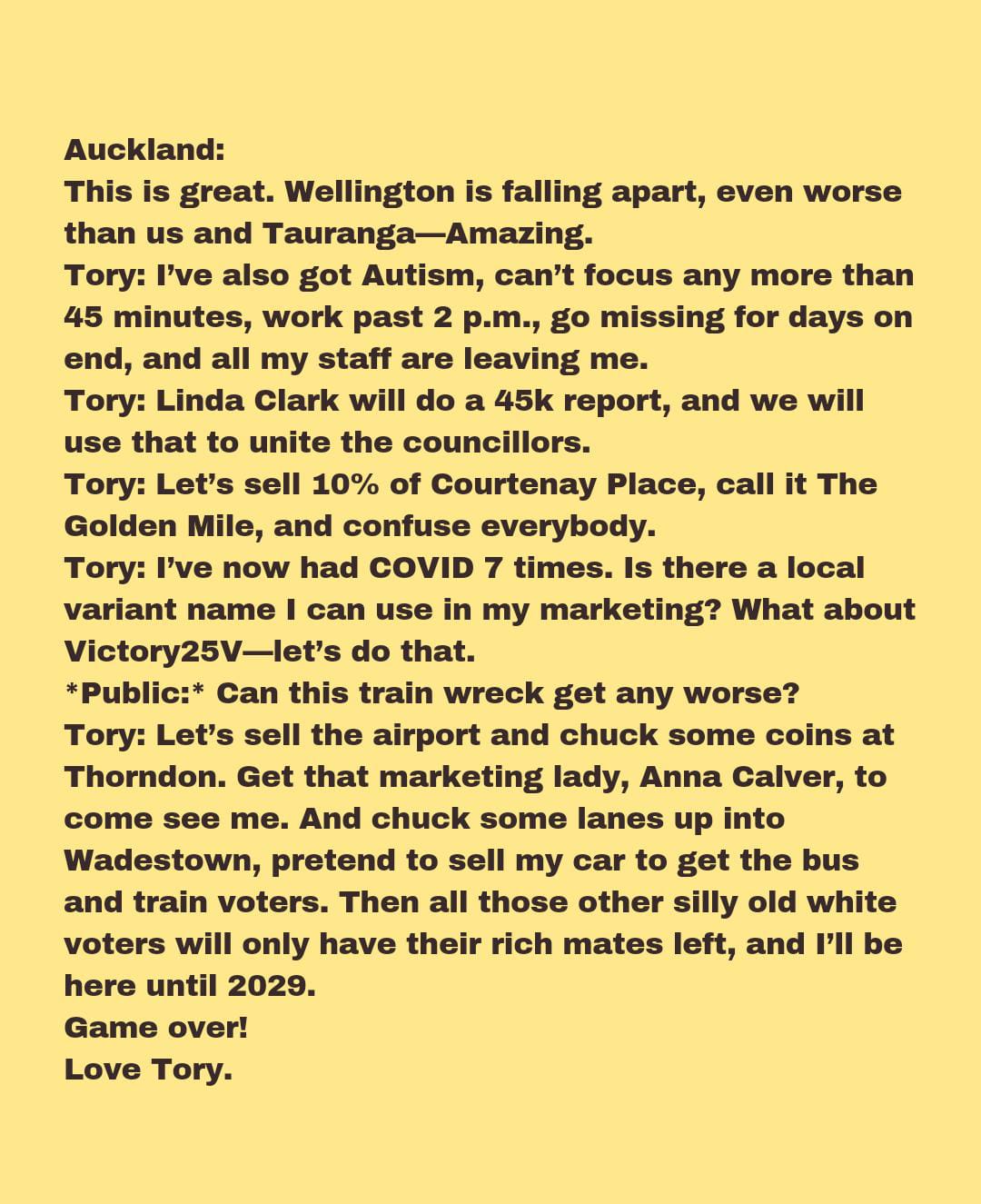
Core Supporters: The Base That Believed
Despite the growing discontent, Whanau entered the mayoralty with a strong base of support, particularly from Wellington’s progressive and left-leaning communities.
- Progressive and Environmental Advocates: Whanau’s campaign was championed by those passionate about climate action and sustainability. Environmental groups saw her as a leader who could drive transformative policies, especially in transport and infrastructure, aimed at reducing the city’s carbon footprint.
- Young Voters and Urban Liberals: Her bold promises on affordable housing, transport reform, and social justice made her especially popular among younger voters. Many believed Whanau could address Wellington’s growing inequalities and housing crisis.
- Social Justice and Equality Advocates: Whanau also garnered support from those invested in social equity. Her platform’s focus on diversity and inclusivity resonated with groups advocating for marginalized communities, offering hope for more equitable governance.
- Arts and Culture Community: Wellington’s vibrant arts scene rallied behind Whanau, viewing her as a candidate who understood the importance of fostering creative industries and public spaces within the city.
However, as her administration struggled to deliver on key promises, even these core supporters have grown frustrated. While some continue to stand by her, others feel disillusioned by her inability to follow through on the ambitious reforms she championed.
Achievements Outweighed by Failures
While Whanau has spearheaded some positive initiatives, like the Courtenay Place revitalization project, these have done little to quell the dissatisfaction. Her efforts to improve lighting, safety, and cleanliness in the area have been well-received by some, but they are overshadowed by her administration’s broader failures in transport and housing.
Moreover, the delay in signing contracts for crucial projects like the Golden Mile further amplifies concerns about her leadership’s ability to push through significant reforms.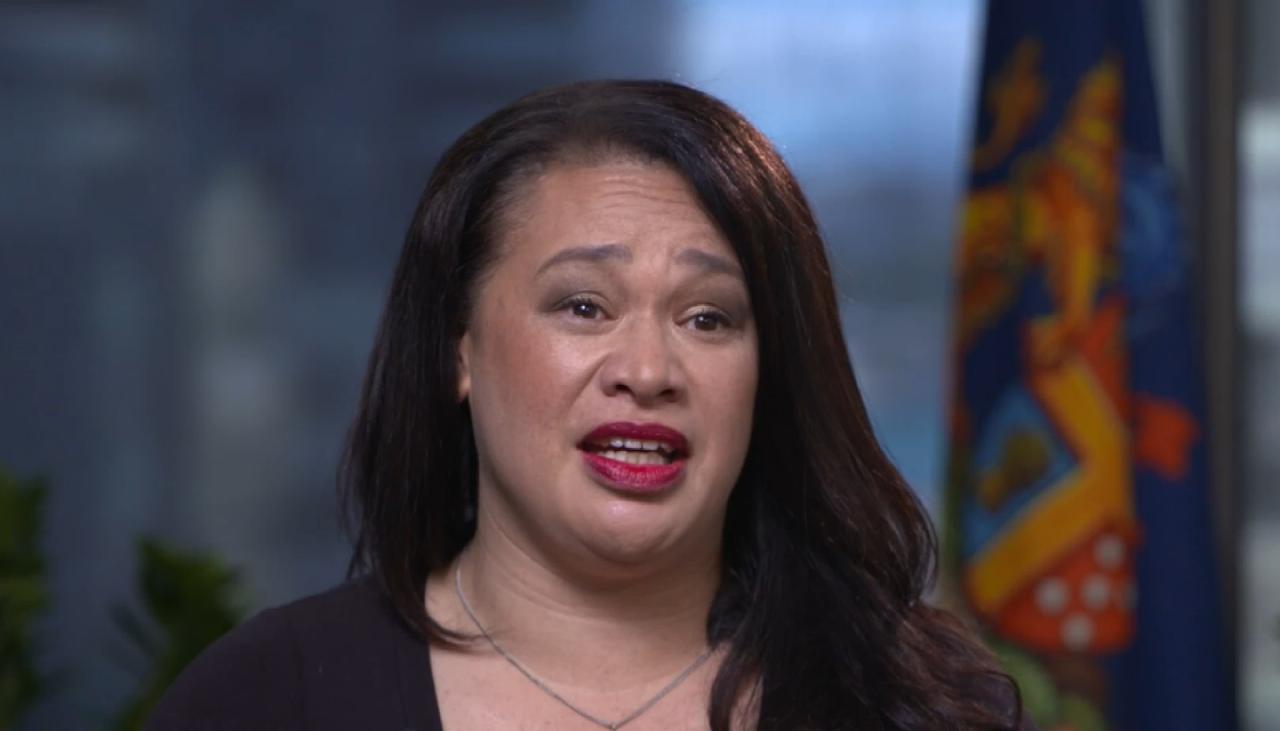
Conclusion: A Troubled Tenure
Tory Whanau’s tenure as Wellington’s mayor has been fraught with challenges, from personal scandals to the failure to deliver on key promises. Her lack of executive experience has translated into ineffective leadership on critical issues such as housing and infrastructure. Coupled with her financial disconnect and recent public struggles with alcohol, many are left wondering whether Whanau is fit to lead Wellington in the long term. Although she has time left in her term, the path forward looks increasingly difficult, and public trust is at an all-time low.
Even her core supporters—progressives, environmentalists, young voters, and social justice advocates—are beginning to question whether she can deliver on the lofty promises she once made. Without meaningful change soon, Whanau risks being remembered not for her vision, but for her inability to turn it into reality.


